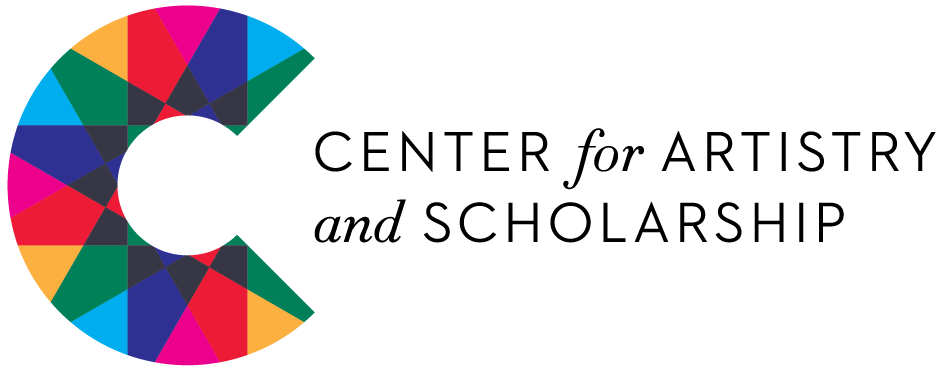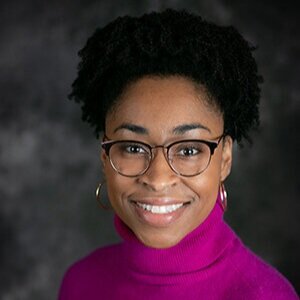Learning and Leading After PSi
While it may be hard to fathom, given the state of the world and our country, there is still intense learning happening this summer. Carmen Torres and I began the Perrone-Sizer Institute for Creative Leadership, known as PSi now, at Boston University (where it was called CELI), and we continue to learn from our students and alumni. As we graduated our fifth cohort of creative leaders from PSi in June and begin our summer intensive with our sixth cohort this month, and as the pandemic continues to lay bare the most profound inequities in our society, we caught up with three of our most recent alumni. These three have just moved into leadership positions as assistant principals and directors. Even with the intensifying worry about how—or if—we will go back to school safely, these leaders (Mayra Cuevas, Assistant Principal at the Paul Dever School in Dorchester; Tiffany Rice Director of El Sistema at the Conservatory Lab Charter School in Dorchester; and Sonia Lowe, Assistant Principal, Saltonstall School, Salem MA) were upbeat about their new adventures and willing to share their thoughts. We have excerpted some of our conversation below.
“What are you most excited about?”
Developing new relationships with staff in order to provide the best education possible for students and a deeper understanding of culture and how it impacts learning.
Building collaborations with community-based organizations in the design of learning in this unprecedented time.
Implementing the curriculum frameworks teachers have been creating over the past year, even while everyone was in quarantine.
At PSi our participants study the importance of school and community-based organizations creating strong collaborations. We talk about “resetting the table of power,” since we know schools cannot be islands and need both the input and the support of the community organizations that surround the school. So often school leaders have a “give me” attitude towards those organizations, but we are proud that our graduates understand that often these organizations are more deeply connected to the culture and experiences of students and families. If school leaders can truly create a leadership team that includes community-based leaders, we believe that both the wellness of families and the achievement of students will increase.
We also asked these three leaders, “What do you imagine are the biggest opportunities or challenges you'll face in your new role?”
Making [changes] in a well-established culture that feels pride in its past but is uncertain about its future.
Collaborating with community-based organizations.
Navigating the reopening of school in the fall. With so many restrictions to how music education can take place in both a hybrid and remote setting, I plan to work closely with my team of teachers to explore creative ways to keep students engaged with their music in the best (and safest) way possible.
It is never easy to transition into a new leadership role, but the stakes are even higher during a pandemic when fear is commonplace and resources are limited. Our alumni are aware of how difficult their jobs will be, and they understand that safety and security are paramount, at the same time as they continue to develop relationships with those outside of the school doors. As they enter into existing school cultures, we look forward to hearing and learning about their entry plans.
PSi is unique in its approach to leadership development. We frame the yearlong experience through three distinct lenses:
The Artist - accessing inspiration and utilizing creativity, design, risk taking, and experimentation to solve complex problems; artists persist and consider, refine, and illuminate many different approaches.
The Educator - committed to racial justice and equity, and informed and driven by research and data; drawing upon a deep knowledge of child and adolescent development; and applying a profound understanding of theories of learning to prepare students for academic and personal success.
The Community-Based Leader - employing a culturally competent understanding of the assets and needs of youth and families in a given community to engage effectively in a dynamic collaborative process of community growth, development, and networking.
This “trifecta” approach, if you will, is purposeful. As mentioned, we don’t believe schools can be islands. The schools we have today cannot be our schools of tomorrow. We must develop approaches that dynamically connect community-based organizing with schools, and we need to ensure that we are continually utilizing creative approaches to teaching and learning. I am dismayed that we are so limited in our thinking about how to approach opening schools again. Our PSi alumni would know better. They have suggested: returning in small pods; outdoor education; working more deeply with community-based organizations; and one even suggested that teachers could be on bicycles and work with very small groups of students. If we took an artistic approach, we would truly consider many different options.
As one of our alumna said in this interview:
I have already utilized all three lenses in my first few days on the job. Particularly as it relates to envisioning music classes as we reopen, I am relying on risk taking, creativity, and design thinking to come up with solutions for how to make music classes smooth and successful this fall. I'm using the educator lens to help understand what our students will need most as they begin school in the fall, and I'm relying on the community-based organizer lens to build relationships with community partners who are already working with [the school].
Beyond our lenses, in PSi, we also work towards a set of competencies:
Creative Leader - engaging, persisting, using design and studio thinking in their work.
Reflective and Ethical Practitioner - exhibiting moral courage and racial and cultural self-knowledge, embracing racial justice, human imperfection, uncertainty, and sound management in the face of crisis.
Effective Communicator - communicating regularly, proactively, clearly, inspirationally, and harnessing people's minds and hearts to create change.
Skilled Politician and Community Leader - convening the community around common values, a common mission, and a dynamic organizational strategy.
Head Teacher - demonstrating performance-based instructional leadership and deep commitment to academic/intellectual/social/emotional/civic development of students within an ethos of equity.
Chief Talent Developer - recruiting, nurturing, and retaining a diverse and high-quality community of colleagues.
Entrepreneurial and Competent CFO - managing the fiscal resources of the organization, and understanding the role of fundraising and use of data and their impact on equity.
As one of our alumna said:
I think the politician will be one that I’ll need to develop more, but also balancing that with the ethical practitioner. How can I communicate as a member of and on behalf of the community in a way that people can hear, but is rooted in justice?
All three discussed how they would need to rely on all the leadership competencies as they develop plans to safely reopen school—whether hybrid or remote.
We look forward to following this first year for Mayra, Tiffany, and Sonia and we will continue to talk with them about how they are integrating their learning and experiences from PSi. We also hope that they will rely on one another and the rest of the network—both their own cohort and our larger group of PSi alumni. As Carmen says, “If our participants learn anything it is this: You cannot do this work alone; you are not a superhero; you must rely on a network.”
Mayra Cuevas, Assistant Principal, Paul Dever School, Dorchester MA
Tiffany Rice, Director of El Sistema, Conservatory Lab Charter School, Dorchester MA
Sonia Lowe, Assistant Principal, Saltonstall School, Salem MA



